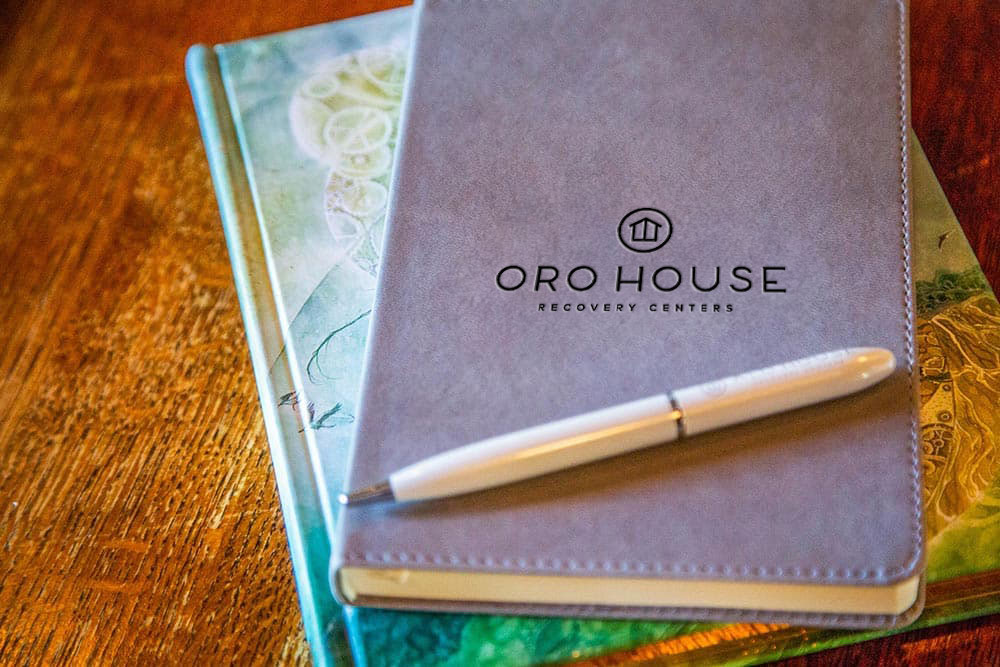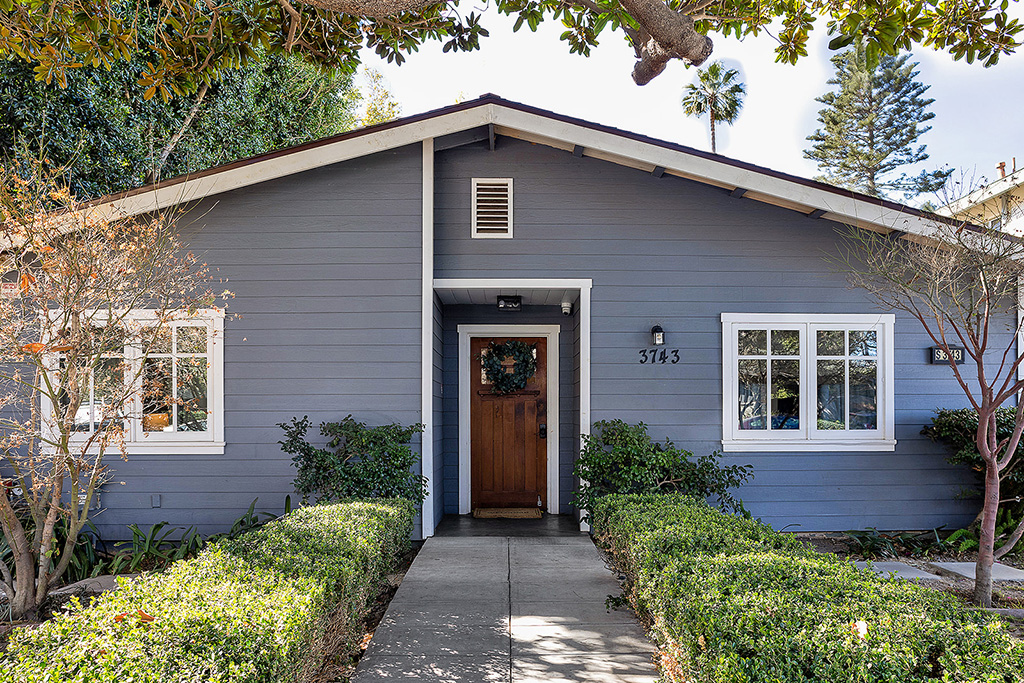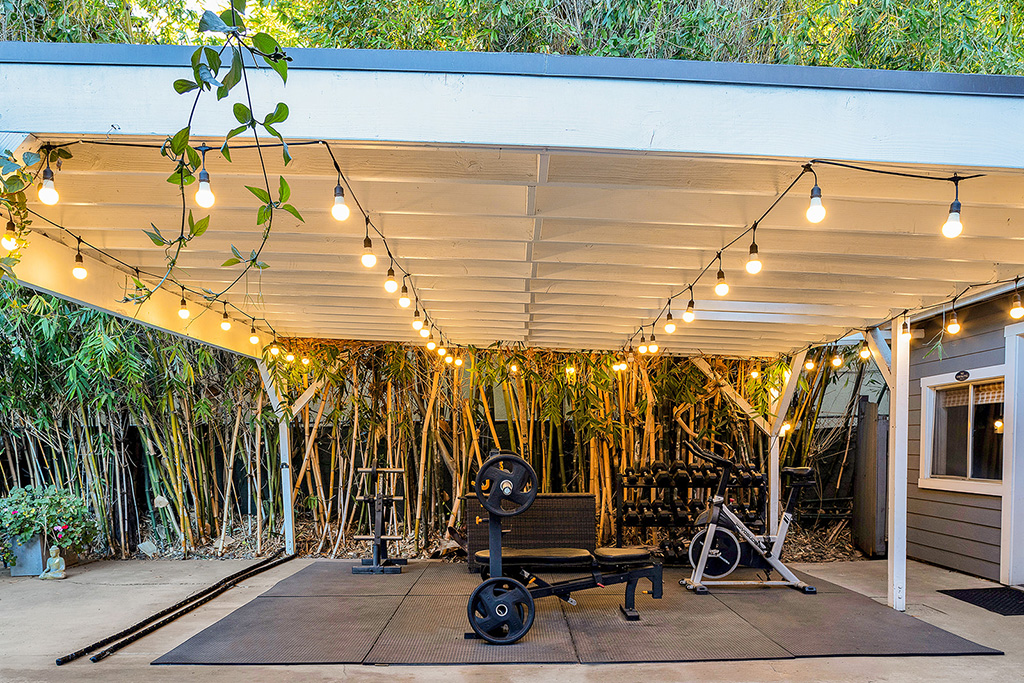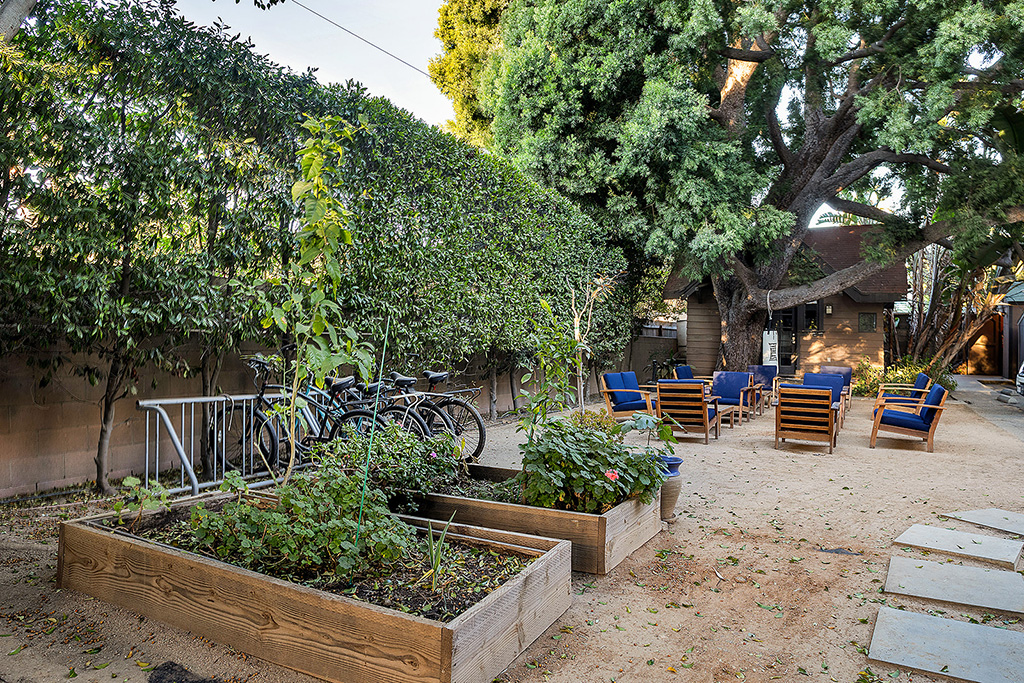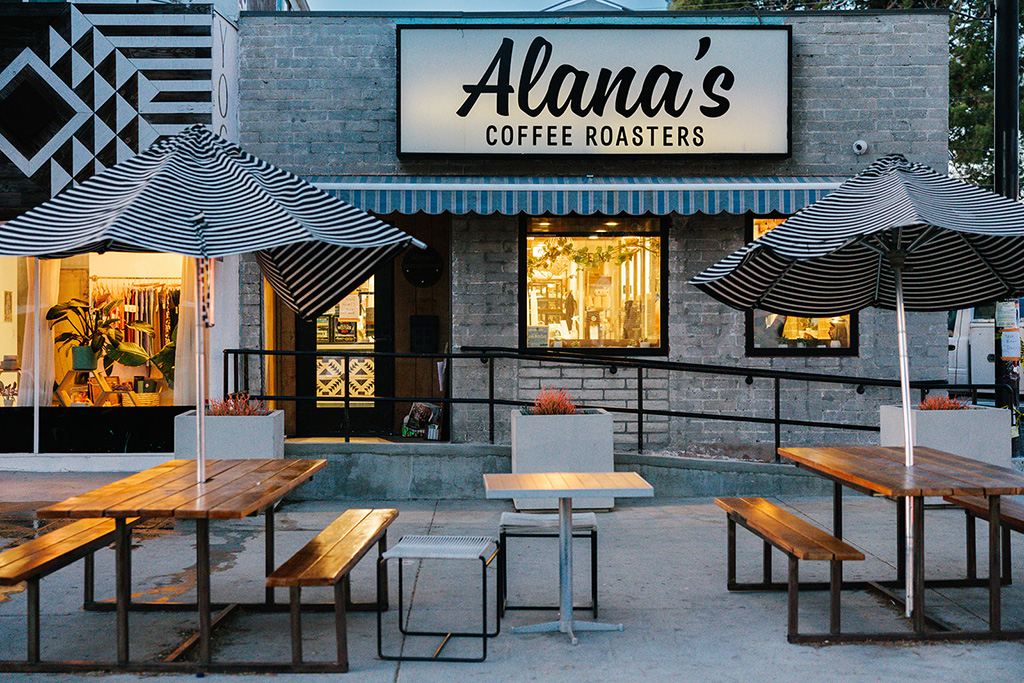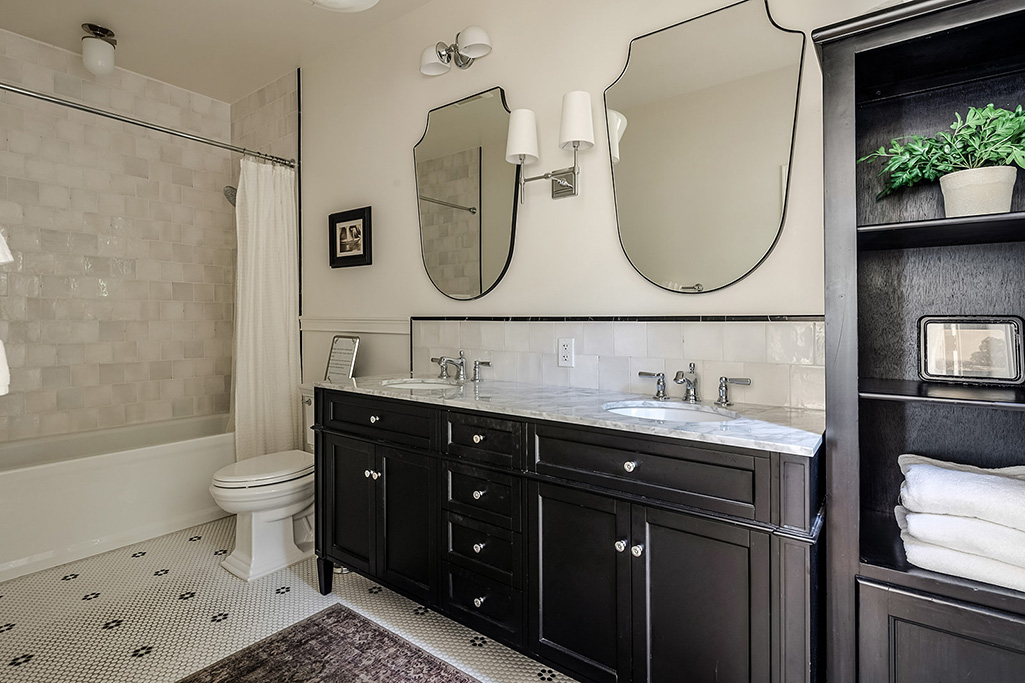Addiction Treatment Center - Mar Vista, California
The Oro House Addiction Treatment Center in Mar Vista, California provides a calm, safe, and supportive environment to begin the journey of drug and alcohol addiction recovery.
The Mar Vista addiction treatment facility is conveniently located on the west side of LA, close to Culver City, Venice Beach, and Santa Monica, California.
Oro House - Mar Vista
In addition to the compassionate, client-centered drug and alcohol treatment services found at all Oro House locations, the Mar Vista facility also offers a sweat lodge, outdoor patios, and a serene and sprawling backyard to be enjoyed within the privacy of the decades-old bamboo that elegantly shields the property.
This recovery facility is comprised of three attractive craftsman houses that were designed with intricate detail and plenty of history. This home provides comfortable and spacious group rooms along with large, airy bedrooms.
With soothing scenery and comfortable amenities, Oro House Mar Vista is an ideal environment to undergo the rewarding journey of drug and alcohol detox and treatment.
We are Joint Commission Accredited, which is the gold standard in client care and safety, and licensed by the California Department of Healthcare Services.
Our Incidental Medical Services certification (IMS) allows us to offer 24/7 medical supervision, monitoring, and nursing services.
This enables us to have the highest integrity in caring for our clients, and grants us the ability to thoroughly manage the medical needs of our clients on-site.
For more than ten years we have provided world-class treatment to our clients and Newsweek ranked us a Best Addiction Treatment Center in America in 2020, 2021, 2022, and 2023.
Our Addiction Treatment Mission
Our mission is to connect with, not control our clients. Aligning with this philosophy, the operations and therapies of Oro House are based on our Compassionate Care Model™ and each client’s treatment plan is uniquely tailored to their individual recovery.
We offer multiple levels of addiction treatment that best suit the current and future needs of our clients.
Oro House provides the following levels of treatment:
- Residential Treatment
- Partial Hospitalization Outpatient Treatment (PHP)
- Intensive Outpatient Treatment (IOP)
- Aftercare Treatment
The level of care for each client is evaluated by a qualified substance addiction professional upon admission to our program. Once the appropriate level of care has been determined, our therapy team works with the client to design a treatment plan that uniquely addresses his or her circumstances.
Our priority is for every person to heal in a safe and comfortable environment that supports a full and holistic recovery. We understand that many substance use disorders have roots in multiple areas of an individual’s life that require a flexible and responsive approach.
One of our goals is to see our clients thrive in all areas of life. We utilize a dynamic set of evidence-based modalities to support each person’s health and growth that includes some of the following:
- Individual and group therapy
- Family therapy
- Substance use counseling
- Vocational counseling
- Case management
- Relapse prevention
Experience Mar Vista
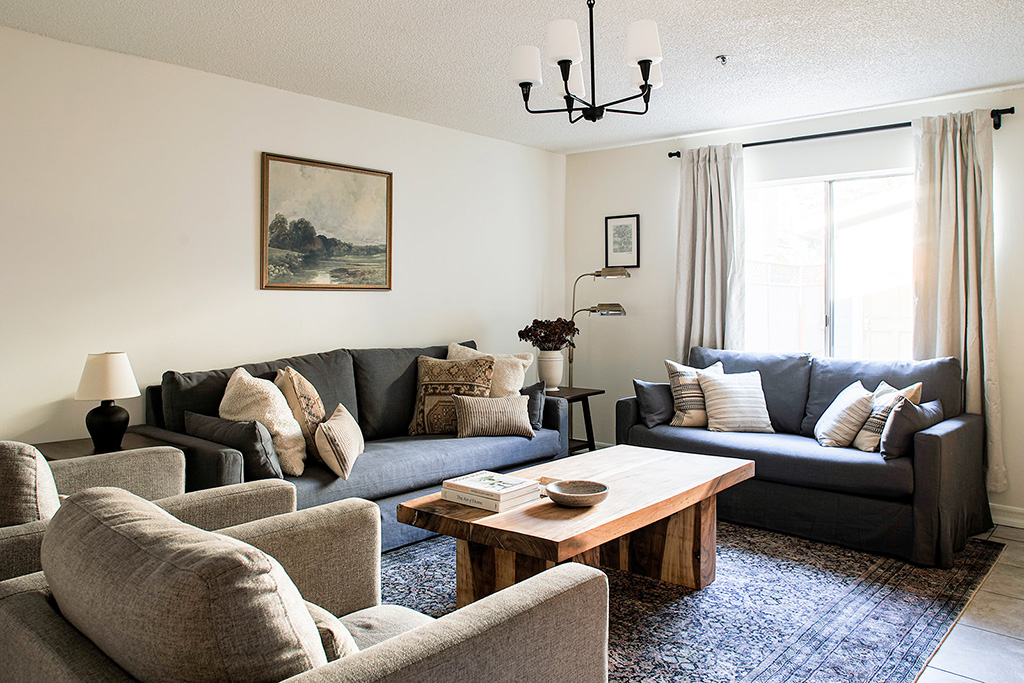
Recovery Methods at Our Mar Vista Addiction Treatment Center
One of the foundations to our way of approaching recovery is the belief that each person is unique, and their causes for addiction can be complex.
For those reasons, we don’t simply use a cookie cutter method to treat textbook symptoms of addiction. Instead, we examine each client’s history and specific underlying issues related to their substance use. This allows us to more thoroughly address the actual nature of their addiction and the underlying causes.
We have a variety of therapy tools that allow us to address the nature of each person’s substance use issues, including:
- Cognitive Behavioral Therapy (CBT)
- Dialectical Behavior Therapy (DBT)
- Mindfulness-based Therapy
- Experiential Therapy
Our treatment methods target the whole person and encompass healing for all aspects of each client’s wellbeing. This is considered Holistic Based Treatment, and this approach prioritizes:
- Therapy to support mental healing
- Physical activities to strengthen the body
- Nutritious meals to support the health of the mind and body
- Dual Diagnosis Treatment to address underlying mental health conditions
- Meditation as a non-medicinal source of relaxation
While we are a non 12 step rehab treatment center, we acknowledge that 12 step programs have helped many people achieve sobriety.
Because of this, we offer 12 step meetings and alternative 12 step meetings for our clients, along with a wide range of other recovery and healing-related activities.
At Oro House, we understand there are many different paths for achieving a sustainable recovery, and we support all of our clients in choosing the best path for them.
We offer many other alternative treatment options because we believe in their relevance and efficacy.
Alternative treatment methods empower clients to take charge of their life and behavior by making positive choices and experiencing their own agency, as well as appreciating their own value and ability to give back to the world.
Taking it a step further, alternative programs offer a fresh perspective, rather than compelling a client to continue using a method that hasn’t worked for them in the past.
The methods that we offer show our clients that there aren’t any overwhelming or impassable obstacles between them and their recovery, or between them and a sober life ahead.
Finally, our methods allow us to recognize the presence of a dual diagnosis, also known as a co-occurring disorder.
A dual diagnosis condition occurs when substance addiction coincides with another mental health issue like:
- Depression
- Anxiety
- PTSD or Related Trauma
- Bipolar Disorder
- ADHD
- OCD
This can make recovery more complex, since both issues must be addressed together to ensure that recovery is balanced and successful.
Despite the added complexity of dual diagnosis treatment, it is much more effective to identify and treat the presence of a co-occurring disorder rather than ignoring the fact that addiction may coincide with other mental health conditions.
Calm Environment
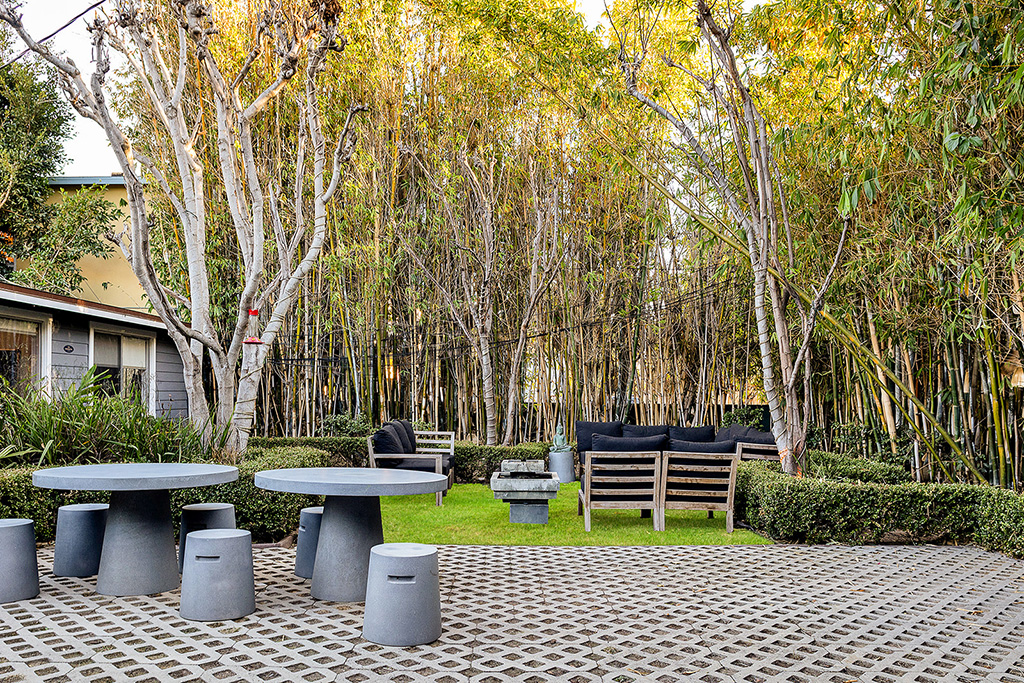
Inpatient Residential and Outpatient Treatment Programs
The appropriateness of inpatient residential treatment vs. an outpatient program will depend on the individual circumstances of each client.
For some people, it may be most effective for recovery to take place in a new and supportive environment without outside distractions.
Creating some distance or separation from their home and daily life is necessary for many people to have a proper focus and dedication to recovery by living at a treatment facility during recovery.
This is called inpatient or residential treatment, and is known as the residential level of care.
This higher level of care is well suited for those who are currently using drugs or alcohol, and require more extensive supervision to safely and successfully stop using all substances.
Our Mar Vista inpatient residential addiction treatment program ensures that stopping the use of substances happens in a safe, calming facility while being supervised by a qualified team of addiction and medical experts.
For some individuals, it’s necessary to undergo a process of detoxification prior to starting the residential treatment phase. Drug and alcohol use can lead to a dependence as well as a buildup of harmful substances in the body, that requires a proper detox to overcome these issues.
Drug and alcohol detoxification can range from being mild or very uncomfortable, to dangerous or fatal. So it is always recommended to complete a medically supervised detox program by trained medical professionals.
In addition to monitoring the safety of the client, the detox team will also address the discomfort levels of withdrawal that usually accompany this important step.
Once the detox process has been safely and comfortably completed, the client moves on to the formal treatment program to address the issues related to their addiction to move forward with recovery.
Outpatient treatment programs are an alternative to residential or inpatient programs, and these might be a good fit for those who live in southern California and would prefer to attend our facilities during the day and return to their own home each night.
An outpatient treatment program might work well for young adults who regularly work or attend school, or for professionals who need to continue working while participating in a regular treatment program.
Outpatient treatment programs make it possible for people to maintain their normal routine while receiving addiction treatment at the same time.
Our outpatient treatment programs are managed by a licensed team of addiction specialists dedicated to each client’s growth and recovery.
Oro House outpatient programs in southern California focus on effective care and relapse prevention to promote sustainable sobriety and recovery.
Personalized treatment plans may include many of the following treatment modalities:
- Cognitive Behavioral Therapy (CBT)
- Dialectical Behavior Therapy (DBT)
- Motivational Enhancement Therapy
- Acceptance and Commitment Therapy (ACT)
- Eye Movement Desensitization and Reprocessing (EMDR)
- Somatic Experiencing
- Family Behavioral Therapy
Client Centered
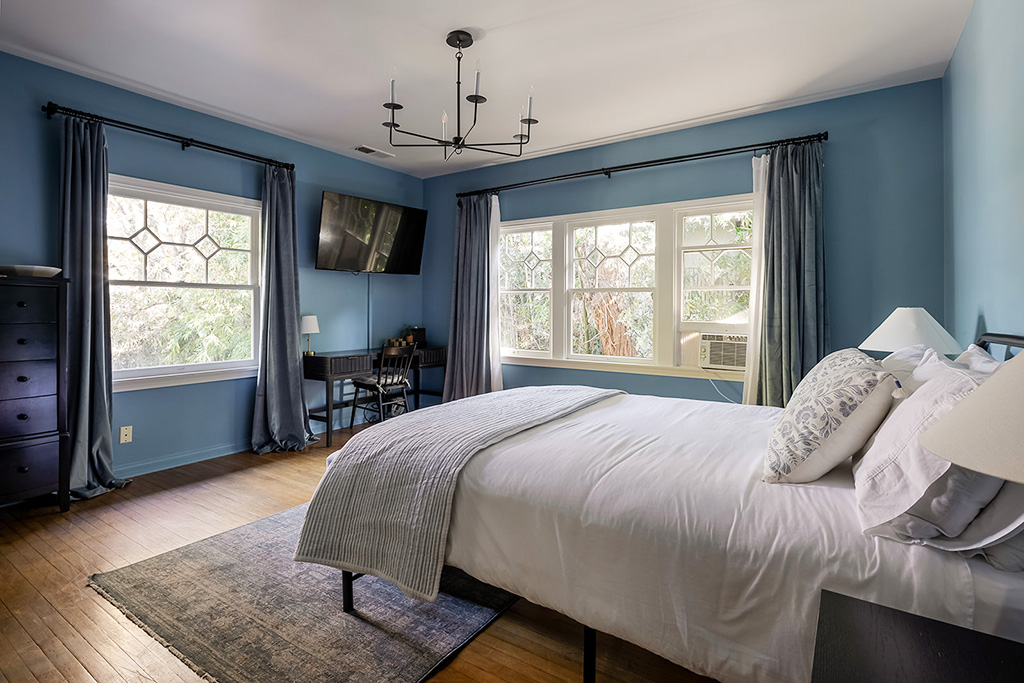
Aftercare Programs
Studies have shows that the longer a person stays in addiction treatment with the support of a trained team of experts, the more long-term success they will expect to see in their recovery.
Like all of our other programs, the aftercare program is individualized to best meet the unique needs of our clients after the complete a residential or outpatient program.
Our comprehensive treatment program offers a variety of therapies to promote self-esteem, healing, and a substance-free life in recovery.
The aftercare program is tailored for each client’s day-to-day life, so that the program remains supportive and sustainable.
